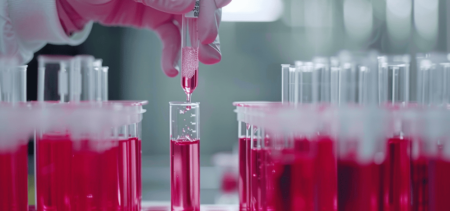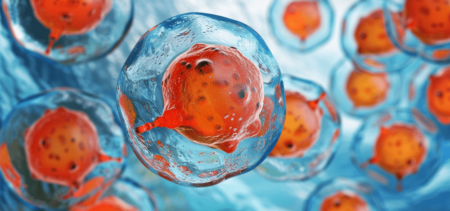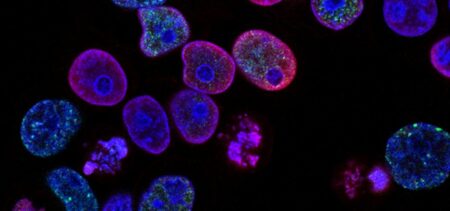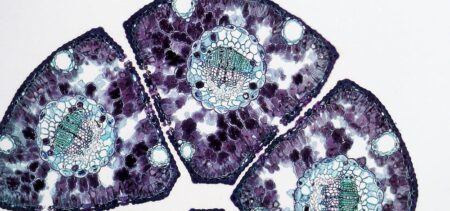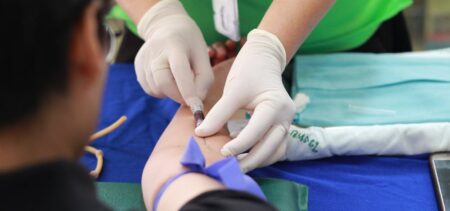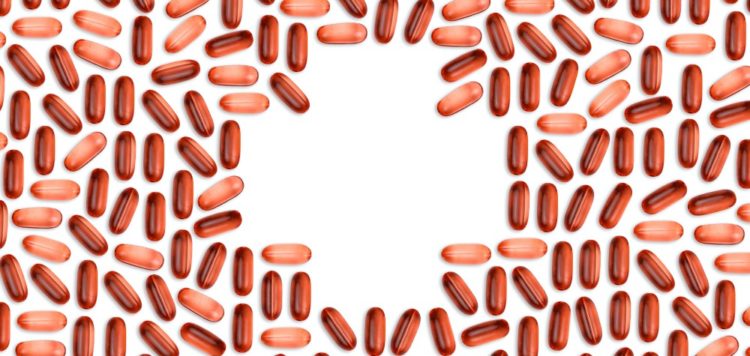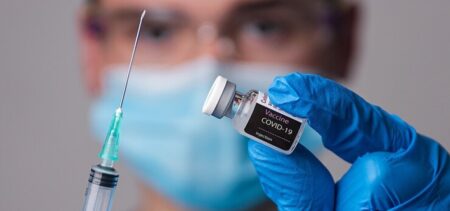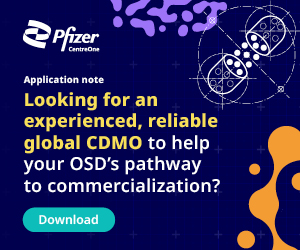As the Omicron variant of the virus that caused the current pandemic spreads and mutates, people are left hoping this will be the end of the healthcare crisis. Unlike previous variants, Omicron seems to be more infectious but less severe. However, this doesn’t mean that scientists and doctors around the world are just waiting for the pandemic to end. On the contrary, they are now looking for new ways of treating COVID-19 — as they are also searching for cures to other deadly diseases. As the world struggles to return to normal and leave the pandemic behind, pharmaceutical research and the development of new medicines are booming.
In fact, research and development of new treatments might prove to be one of the most important lessons of the pandemic. As the virus and the disease it causes spread more and more around the world, numerous people faced important changes in their everyday lives. The quest for vaccines and cures became more and more important as the pandemic progressed, and most people started to pay more attention to new medical discoveries. In fact, research and development of new treatments might prove to be one of the most important lessons of the pandemic. Although the pandemic is probably now approaching its final stages, the need for new vaccines and treatments and investments in medical research and development will likely remain with us for years to come.
A new antibody-drug to fight COVID-19
Most pharmaceutical companies in the US and abroad focused their recent research on COVID-19 and the virus that spreads it. This is also true for Eli Lilly, who recently developed a treatment for both adults and teenagers with mild or moderate symptoms of COVID-19. The company started to work on the new drug last year after tests showed that its previous antibody treatments were ineffective against the new Omicron variant of the virus. A year later, the FDA authorized the new COVID-19 antibody drug to fight the Omicron variant. The company also announced that the drug is also effective against the emerging BA.2 mutation of Omicron.
With antiviral drugs from Pfizer, Merck and GlaxoSmithKline now in short supply, Eli Lilly’s new treatment, effective against Omicron and its new mutation, is a long-awaited breakthrough. Moreover, the new treatment may also serve as a source of inspiration for future antibody drugs.
New autism treatments methods
Unlike the virus that caused the COVID-19 pandemic, autism is an old medical disorder; the term itself has been used to describe a myriad of symptoms since psychiatrist Eugen Bleuler coined it in 1908. The prevalence of the disease is great, with 1 in 44 children living in the US now diagnosed with an autism spectrum disorder (ASD), according to data from the Centers for Disease Control and Prevention (CDC). However, new information about the genetics of autism now offers hope for new drug treatments that may help treat ASD in the future. According to Lancaster University researchers, treatments that increase insulin signaling may prove useful in treating autism.
“We can now test the ability of drugs that target these mechanisms to restore these translational changes seen as part of ongoing research to develop better treatments for people with 2p16.3 deletion, autism, schizophrenia and Tourette’s syndrome,” said lead researcher Dr. Neil Dawson.
A cure for aggressive breast cancer
Suppose autism spectrum disorders are common among children and even more common for boys. In that case, research shows that 1 in 8 US women will suffer from invasive breast cancer during their lifetime, and more than 287,000 new cases will be diagnosed in 2022 alone. However, a new drug called ‘pembrolizumab’ now provides hope for women everywhere, as it was shown to lower recurrence in patients suffering from the most aggressive type of breast cancer. After a new trial was conducted by researchers from Queen Mary University of London and Barts Health NHS Trust, the information came into view.
According to this new trial, supplementing chemotherapy with immunotherapy before and after breast cancer surgery is beneficial. Cancer recurrence is 37% less likely to appear in patients treated with this combination of drugs than those treated conventionally with chemotherapy alone.
Better treatments for a brighter future
One of the most important lessons of the COVID-19 pandemic is that new technologies and treatments can prove to be valuable allies in treating numerous medical conditions. While new viruses and the diseases they spread often demand speedy action, enduring afflictions also require better research and development. New drugs are likely to become an important part of a better, safer future involving multiple investments. However, with humanity still recovering from one of the largest healthcare crises in its recent history, these investments might prove to be more feasible than initially expected.
The COVID-19 pandemic has not only disrupted the daily lives of people everywhere, but has also replaced values, needs, and wants. As the world is now preparing to return to normal, the need for better treatments lives on as a valuable lesson of the crisis.





